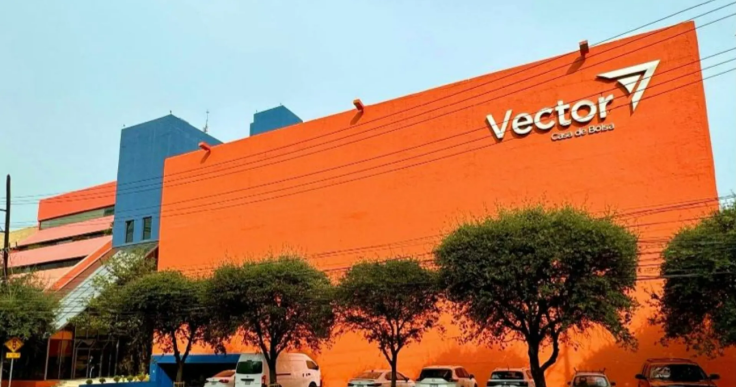
After the U.S. Treasury Department announced sanctions against three Mexican financial institutions for allegedly helping drug cartels launder millions of dollars, Mexico's Attorney General's Office has launched its own investigation into one of them.
Last week, U.S. officials claimed CIBanco, Intercam Banco, and the brokerage firm Vector Casa de Bolsa were allegedly involved in laundering money for Mexican criminal organizations and facilitating payments for precursor chemicals used to produce fentanyl.
According to records obtained by El País, Mexican prosecutors are focusing on financial transfers made to Vector by a shell company called Prestadora de Servicios Murata. The company allegedly funneled about $5.2 million to Vector through 53 transactions in 2017.
A civil organization filed a formal complaint last week, accusing both Vector and Murata of organized crime, tax fraud, and money laundering. The group submitted dozens of invoices as evidence confirming the transactions, El País reported.
Murata, a front company posing as a firm in the military industry, was founded in 2014 by Nino Paolo Ferrari Rodríguez. Ferrari's father served as the financial administrator for Manuel Rodolfo Trillo Hernández, also known as "La Trilladora," a financial operator for Joaquín "El Chapo" Guzmán and the Sinaloa Cartel.
According to federal prosecutors and Mexico's Financial Intelligence Unit (UIF), La Trilladora laundered nearly $320 million for the Sinaloa Cartel while posing as a legitimate businessman. He is also accused of financing the tunnel used in El Chapo's 2015 escape from the maximum-security Altiplano prison.
Although Trillo Hernández was arrested in 2015, prosecutors allege he continued laundering money from prison, moving more than $47 million with the help of Ferrari.
Another investigation published by Reforma in 2024 reported that Ferrari used front men to establish shell companies used by La Trilladora for laundering. Ferrari was arrested in July 2024 on charges of money laundering and organized crime.
Meanwhile, Trillo Hernández received a minimal sentence earlier this year after a judge dismissed the main charges filed against him by prosecutors.
In addition to its links to organized crime, Murata also secured contracts with government entities led by the Institutional Revolutionary Party (PRI), which awarded the firm about $16 million over several years, according to tax records obtained by El País.
The bulk of those contracts —about 279 million pesos (92%)— came from the state of Nuevo León. In one example, then-Monterrey Mayor Adrián de la Garza hired Murata to conduct workshops on traffic accidents, alcoholism, and sex education, paying the company roughly $500,000.
Last week, U.S. officials accused Vector of laundering money for both the Sinaloa and Gulf cartels, including facilitating at least $1 million in payments for fentanyl-related chemicals.
The Treasury Department also alleged the Sinaloa Cartel used Vector to send more than $40 million in bribes to former Mexican Security Secretary Genaro García Luna, who was sentenced last year to over 38 years in prison for his role in a cartel-linked corruption scheme.
© 2025 Latin Times. All rights reserved. Do not reproduce without permission.











